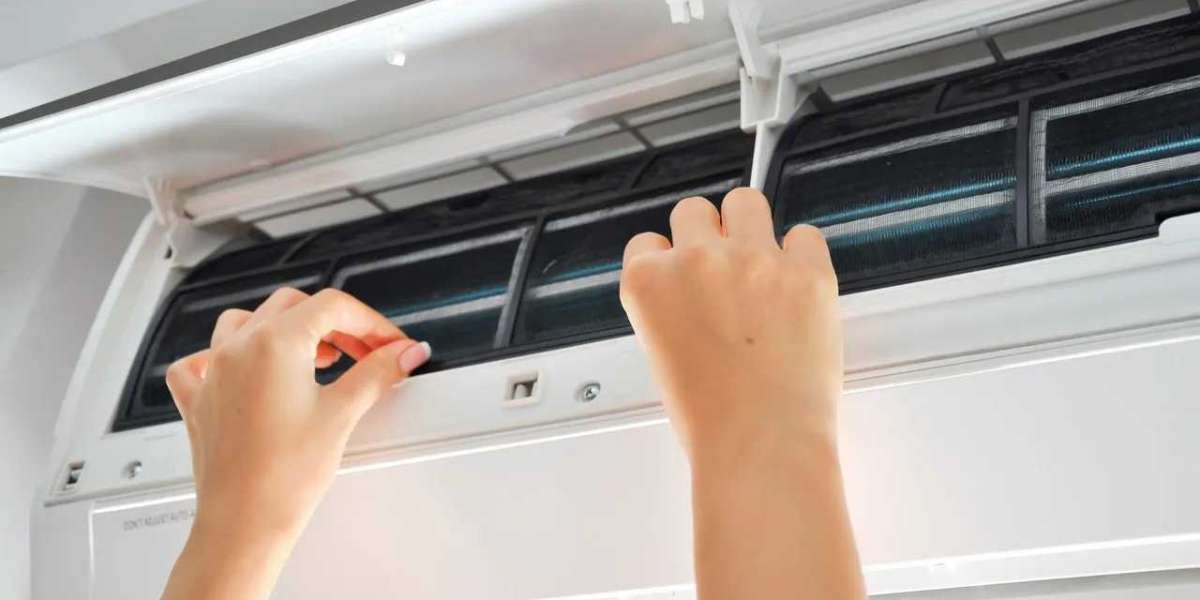But with so many companies out there offering fiber internet, how do you determine which is the best fiber internet provider for your needs? This article will break down the essential factors you should consider when choosing a provider, ensuring you make an informed decision that benefits your lifestyle and budget.
What is Fiber Internet?
Before diving into how to choose the best fiber internet provider, let’s first understand what fiber internet is and why it’s better than other types of connections.
Fiber internet uses fiber-optic cables, which transmit data as light signals rather than electrical ones. This allows for incredibly fast data transfer rates, often exceeding those of traditional broadband connections. While cable or DSL may offer speeds up to a few hundred megabits per second (Mbps), fiber can reach speeds of 1 gigabit per second (Gbps) or more. For users, this means faster downloads, smoother streaming, and more reliable connections even during peak usage times.
Why Fiber Internet?
There are several reasons why fiber internet is considered superior to other forms of connectivity:
- Speed: Fiber-optic internet is incredibly fast, often offering symmetrical speeds. This means your download and upload speeds are equally fast, which is particularly beneficial for video calls, cloud backups, and gaming.
- Reliability: Fiber connections are less prone to disruptions caused by weather or electrical interference. This makes them more reliable, especially if you depend on a stable connection for work or study.
- Future-proof: As more and more of our daily activities movie online, having a fast internet connection is crucial. Fiber networks are designed to handle the growing demand for bandwidth, making them a long-term solution for high-speed internet.
Now that we’ve covered why fiber internet is a great choice, let’s explore how to find the best fiber internet provider for your needs.
Factors to Consider When Choosing the Best Fiber Internet Provider
Choosing an internet provider is more than just picking the one with the fastest speeds. There are several other factors to consider to ensure that you're getting a good deal and a service that fits your needs.
1. Availability
Not all areas are serviced by fiber-optic internet. Fiber infrastructure is still being rolled out across many regions, so the first step in finding the best fiber internet provider is checking if it's even available in your location.
Some areas, particularly rural ones, may not yet have access to fiber internet. Use online tools or contact local providers to see if fiber is available at your address. If you live in a city or urban area, you're more likely to have multiple providers to choose from, but if you're in a rural setting, your options may be limited.
2. Speed Requirements
Different people use the internet in different ways. Some may just need it for basic browsing and emails, while others need it for bandwidth-heavy activities like gaming, video editing, or 4K streaming.
- Basic Use: If you're using the internet primarily for light browsing, social media, and emails, even a lower-tier fiber plan with speeds of around 100-300 Mbps might be sufficient.
- Streaming and Gaming: For households with multiple devices streaming in high definition or where online gaming is a priority, you'll want a plan with speeds of 500 Mbps or higher.
- Remote Work or Cloud Use: If you work from home, upload a lot of content, or regularly use cloud-based services, consider symmetrical speeds (equal upload and download speeds), which are often offered with fiber internet plans.
3. Cost and Value for Money
Price is always a big consideration when selecting any service. Fiber internet can sometimes be more expensive than cable or DSL, but it also tends to offer better performance.
When comparing the cost of different providers, don’t just look at the price tag. Consider the overall value. Does the provider offer perks like free installation, a router, or a better customer service experience? Also, pay attention to any hidden fees like equipment rental, activation, or early termination fees.
It’s important to balance your budget with your internet speed needs. If you're someone who uses the internet heavily, investing a little more in a higher-tier plan could save you from frustration later.
4. Customer Service and Reliability
Customer service might not seem like a big deal at first glance, but it can make a huge difference when things go wrong. Internet outages, billing issues, or equipment malfunctions can be frustrating, and having a reliable customer support team to help can save you time and stress.
Research the customer service ratings of different providers. Online reviews and customer testimonials can give you a good idea of what to expect. Look for fiber internet providers that have a reputation for prompt and helpful customer service.
Also, consider reliability. Some providers may have a more stable network in your area. Ask friends or neighbors about their experiences, or check online forums for insights into how well the service performs during peak hours or bad weather.
5. Contract and Flexibility
Most fiber internet providers will ask you to sign a contract, usually for one or two years. Contracts often come with early termination fees, so if you're not sure you'll stay in one place for that long, look for a provider that offers month-to-month options or a shorter contract.
Additionally, some providers offer a price guarantee for the length of the contract, ensuring your bill won’t increase unexpectedly. Others may provide promotional pricing for the first year, which can be attractive but make sure to understand what the regular price will be once the promotion ends.
6. Equipment and Installation
Fiber internet usually requires specialized equipment, such as a fiber modem and sometimes a compatible router. When choosing the best fiber internet provider, check if the necessary equipment is included in your plan or if you’ll need to purchase or rent it separately.
Also, ask about installation. Some providers offer free installation, while others may charge a fee. Installation may require technicians to come to your home to set up the connection, and in some cases, you might need to be present. The more convenient the process, the better.
7. Additional Features and Bundles
Some fiber internet providers offer additional features like security software, parental controls, or cloud storage. These extras can add value to your plan and save you from buying them separately.
If you're already using a provider for other services like TV or phone, you might be able to bundle these services together. Bundling can sometimes save you money, though it’s important to ensure that the bundled services are things you actually need.
Conclusion
Finding the best fiber internet provider takes a little bit of research, but it's worth the effort to ensure you're getting a reliable and fast connection. When making your decision, consider factors like availability, speed, cost, customer service, contracts, and any additional features or equipment needs.


